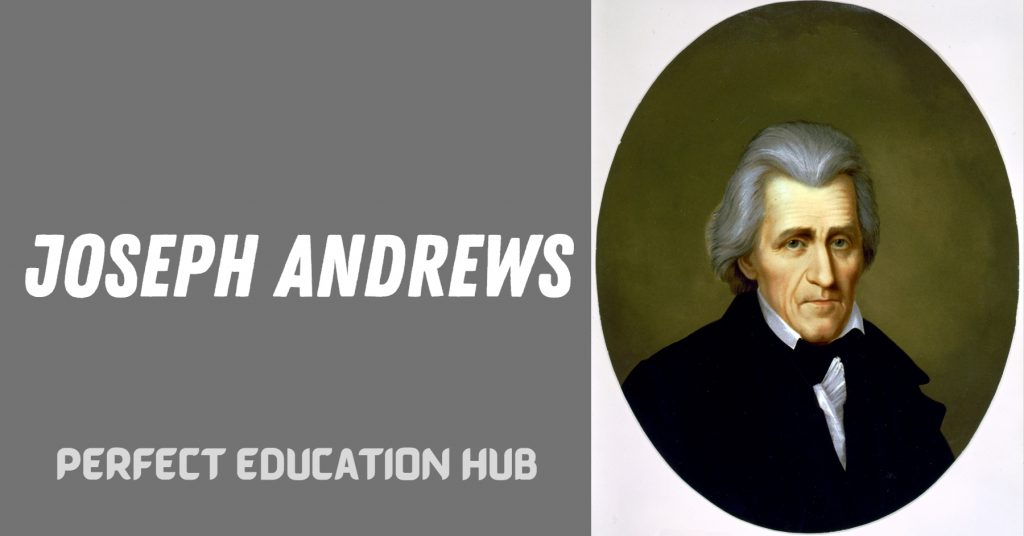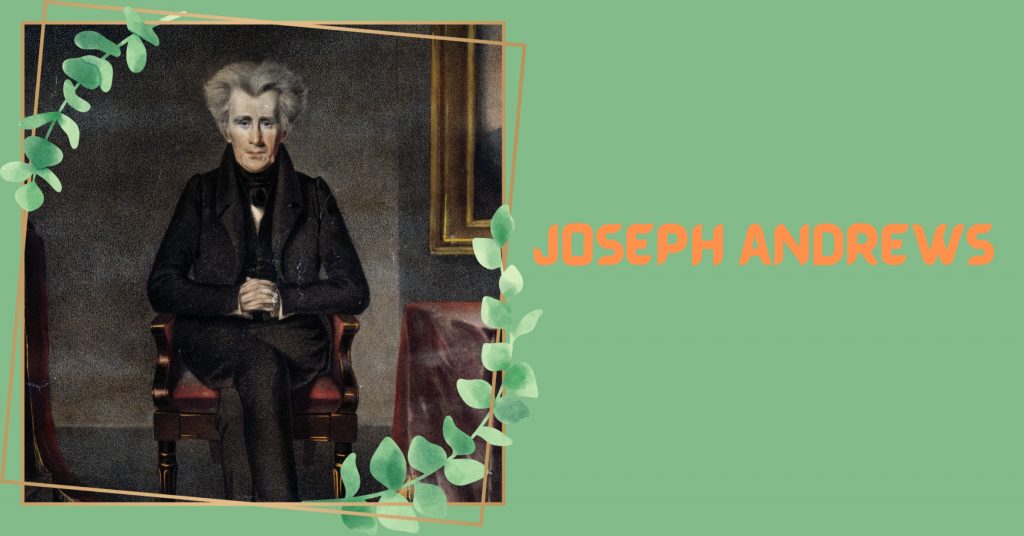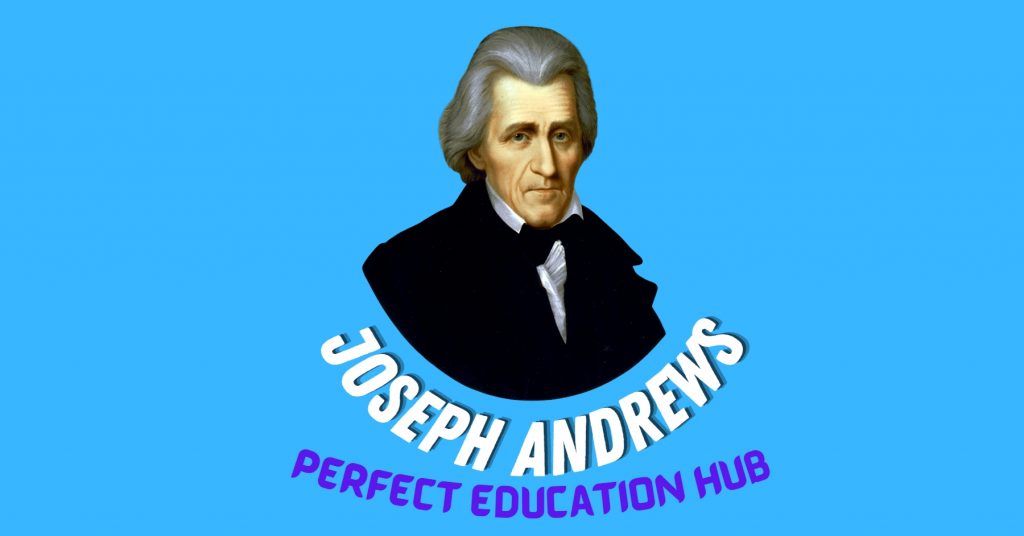Humour in Joseph Andrews.
Humor is defined as the quality of behavior, speech, or writing that evokes gaiety, the ability to recognize silly or funny things. The humor stems from the writer’s perception of the discrepancy between what should be and what should be, from the perception of life’s disharmony.

Henry Fielding, the father of the English novel, is one of the greatest humorists in English literature. Fielding’s humor is wide ranging. It rises from the crudest farce to amazing heights of the most subtle
irony. Beginning as a parody of Richardson’s Pamela, Joseph Andrews has become a fine work of art in its own right.
Many characters are humorous in their conception. The characters of Parson Adams and Mrs. Slipslop are a true source of pure comedy. Fielding makes the most of Parson Adams‘ character. Even his appearance is ridiculous. No one believes he is a pastor. “He has a beard, deep wrinkles on his cheeks, and a queer face with fists much smaller than the knuckles of an ox and wrists that Hercules would not
be ashamed of.
His legs are very long and riding on the horse’s back almost touches the ground. He usually wears a ragged old cassock and a wig on his head.” You’ll also get a funny sketch of what Mrs. Slipslop looks like. At that time, she was not particularly good looking. She is very small and has quite a thickening of her body, is somewhat reddish, and has
addition of pimples on her face. She had her nose too big and her eyes too small.
Her breath didn’t resemble a cow, either, but neither did her two brown balls that she held in front of her. Fielding’s declared goal in Joseph Andrews was to tear the veil of hypocrisy and affection. I am
concluding.
Fielding intends to laugh at humanity:
Fielding intends to laugh at humanity out of its stupidity and weakness. Fielding, therefore, uses ironic and satirical humor in several places.

Joseph Andrews has a wide variety of humor. Farce is not excluded. Farce is humor that arises from a situation and elicits a loud laugh. The tone of the farce is hilarious hyperbole.
Joseph Andrews is a series of ridiculous situations. In the battle scene at the inn, Joseph falls off his horse and injures his knee, Joseph sits by the fireplace while the inn’s landlady rubs his knee, Parson Adams in a pot of pig’s blood, Parson Adams Several situations, such as Tru river mistaking Adams for a pig, a squire’s dog tearing Parson Adams‘ cassock apart,
Mrs. Tau Woz discovering Betty in Tau Woz’s bed, Didapper messing up the room, Entering Mrs. Slipslop room and Adams mistook Didapper for a distraught woman and held Mrs. Slipslop as her attacker, beating her mercilessly until Mrs. Booby appeared on the scene with a candle lit.
Adam takes a wrong turn in Fanny’s bed and falls asleep. All of these scenes are a farce. There are a lot of ironies. For example, a patriot who prides himself on his patriotism and wants to hang all the cowards turns his tail and flees in a critical situation, Adams himself spares no ironic humor.
Advice Adams learned from Joseph about moderation and a philosophical acceptance of adversity is subverted when his son is said to have drowned. He is so conceited that he considers his sermon a masterpiece. Of course, there is a sharp irony in the portrait of Mrs. Slipslop and the charm of Lady Booby.
Fielding deploys the satirical theme most effectively in a scene in which each of the bus passengers becomes mentally naked in a confrontation with a naked Joseph. The sensitivity, the selfishness of an old man, and the professional care of a lawyer are all there.
Joseph Andrews is rich in humorous character portrayals.
Joseph Andrews‘ most notable character, Parson Adams, is a creation of pure humor. He goes to London to sell his sermons, but he forgets a valuable manuscript at home. After that, he completely forgets about the horse itself and marches on. In addition to being absent minded, he also has strange gestures and a comical demeanor.
Adams never loses his dignity, no matter how humorous his portrait may be. It’s a testament to Fielding’s skill as a cartoonist. Mrs. Slipslop is also a thoroughly humorous character. As she raises her pigs to be with them all the time, Parson Tru River looks more and more like a pig.
In summary, Henry Fielding is a master of humor in its many forms: farce, satire, irony, humorous characterization, and parody. His sense of humor is very spontaneous. Humor comes naturally. It is by no means artificial.
Coleridge is correct in comparing Fielding’s humor to Richardson’s: “In stark contrast to Richardson’s tight, hot, daydreaming continuity, a happy, sunny, and refreshing spirit pervades.” He captures the reader’s attention with his funny situations and humor. He was rightly called the “laughing philosopher”.
Article -by– Hamad Hanif, Posted -by- Ali Hadar
Follow our Social Media Platforms.
FACEBOOK TIKTOK INSTAGRAM YOUTUBE
